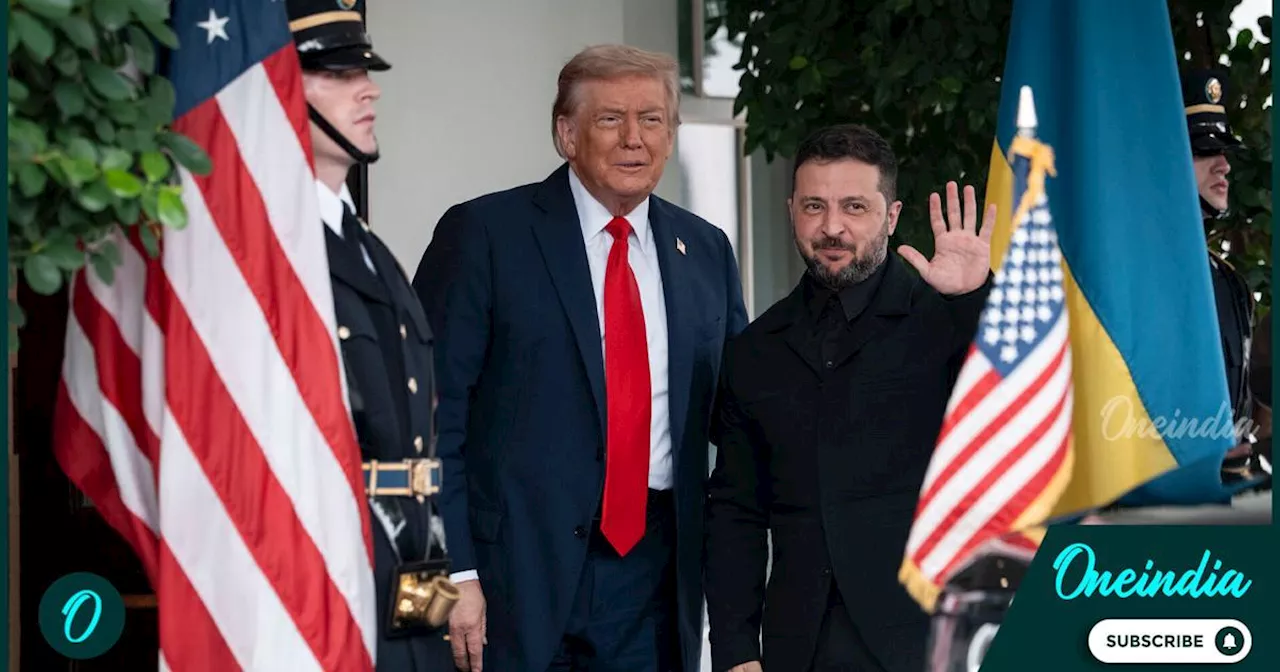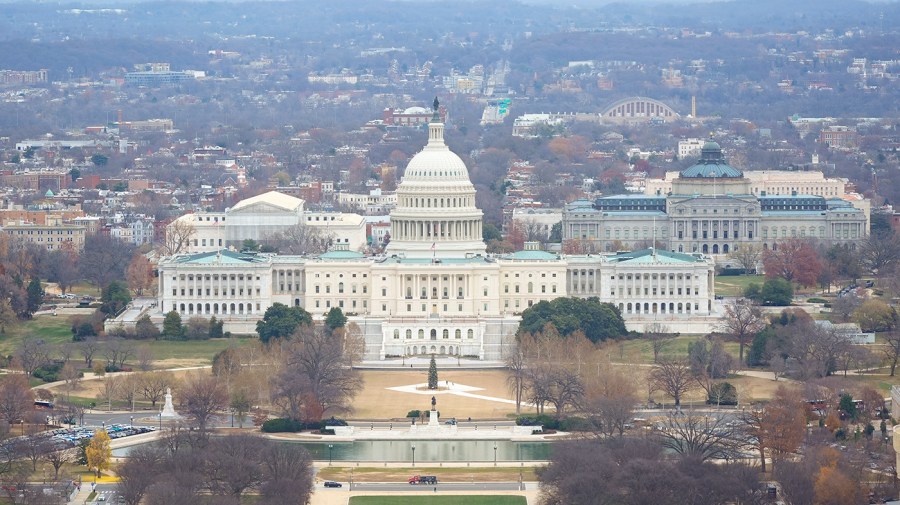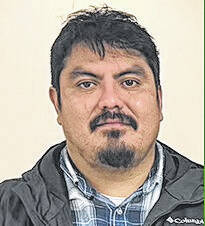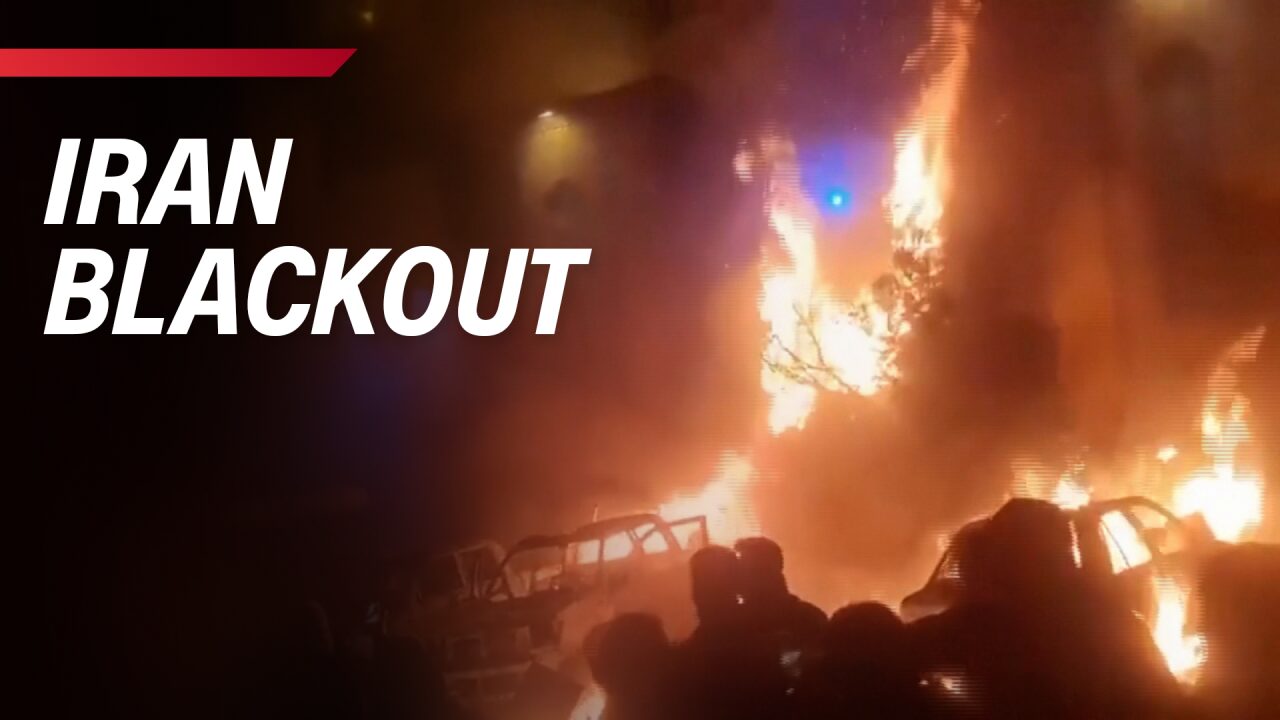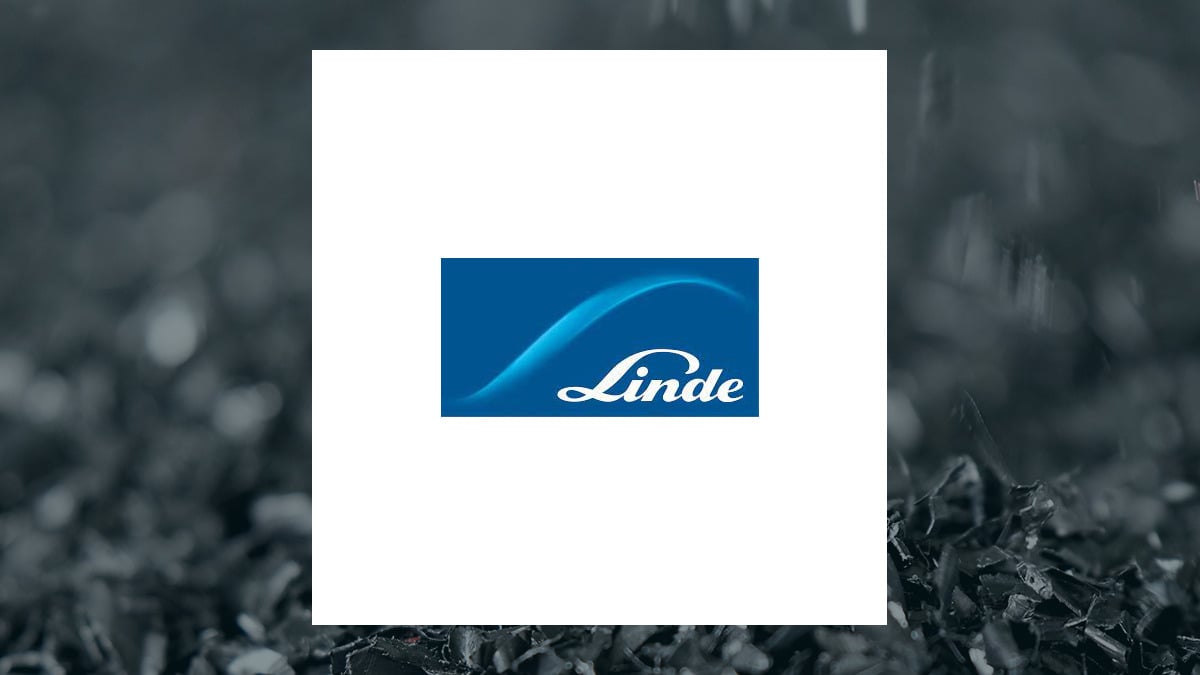Tensions escalated between the United States and Colombia after President Donald Trump referred to Colombian President Gustavo Petro as an “illegal drug leader” in a social media post. Trump announced the cessation of U.S. aid to Colombia, a significant shift in U.S.-Colombian relations, following Petro’s accusations of U.S. military actions in the Caribbean.
The dispute stems from a U.S. military strike on September 16, 2025, which Petro claims resulted in the death of a Colombian fisherman, Alejandro Carranza. Petro condemned the strike, asserting that Carranza had no connections to drug trafficking and that he was merely fishing when his boat was attacked. “The United States has invaded our national territory, fired a missile to kill a humble fisherman, and destroyed his family,” Petro stated on social media.
In response to Petro’s accusations, Trump criticized the Colombian leader’s popularity, stating that he is “low rated and very unpopular.” He further warned Petro to manage drug operations or face U.S. intervention. Trump’s comments have intensified the already strained diplomatic relations between the two nations.
U.S. Aid Cuts and Regional Implications
The suspension of aid represents a substantial change in U.S. support for Colombia, which received approximately $230 million in the fiscal year ending September 30, a notable drop from previous years where aid exceeded $700 million. This aid is vital for Colombia’s military and anti-narcotics efforts, particularly as the country grapples with rising coca cultivation and violence in rural areas. According to the United Nations, Colombia remains the world’s largest cocaine exporter, and the security situation is precarious following a peace deal signed a decade ago.
Elizabeth Dickinson, a senior analyst for the Andes region at the International Crisis Group, expressed concern over the U.S. decision to reduce support. She described it as “profoundly unwise” to alienate a key military partner in Latin America, particularly amid rising tensions with neighboring Venezuela. Dickinson emphasized that cutting aid could lead to a strategic loss of capability for the Colombian military at a critical time.
Petro, Colombia’s first leftist president, has had a rocky relationship with Trump throughout the year. His government has criticized U.S. military flights and operations, leading to threats of tariffs from Trump. The U.S. State Department also revoked Petro’s visa during his attendance at the U.N. General Assembly due to his calls for American soldiers to disregard Trump’s orders.
Future of U.S.-Colombian Relations
The ongoing clash highlights a broader context of U.S. military involvement in Latin America, particularly in the fight against drug cartels. American naval ships and aircraft have been deployed in the region, which the Trump administration describes as an “armed conflict” with drug trafficking organizations. Since September, U.S. strikes aimed at alleged drug traffickers have resulted in at least 32 fatalities.
Despite the tensions, Petro’s administration has indicated that it will continue to prosecute a Colombian survivor of a U.S. strike on a submersible accused of carrying drugs. This survivor was returned to Ecuador, where authorities found no grounds for legal action against him.
The Colombian Foreign Ministry condemned Trump’s comments as a “direct threat to national sovereignty,” further complicating diplomatic efforts. The ongoing feud between Trump and Petro raises concerns about how these tensions will affect both nations’ strategies in combatting drug trafficking and maintaining regional stability.

